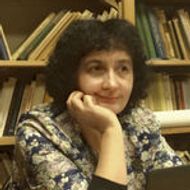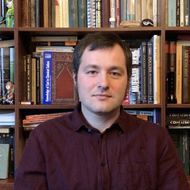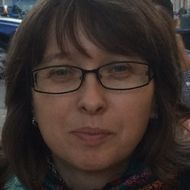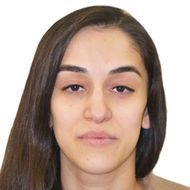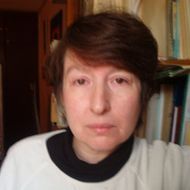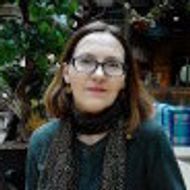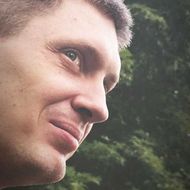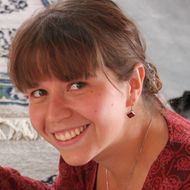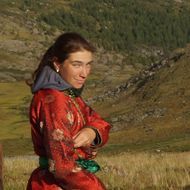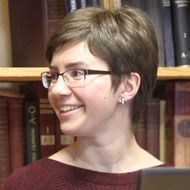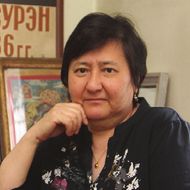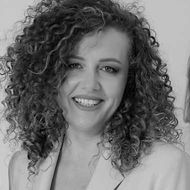Department of History and Philology of South and Central Asia
The Department’s primary function is to organize the teaching of a group of subjects necessary for Orientalist education in the field of Indian, Iranian, Mongolian, Tibetan, and Turkic Studies. The main distinguishing trait of the Department’s educational programs is their focus primarily on the classical samples of the cultures under study. The Department brings together literature experts, linguists and historians specializing in Indian and Iranian languages.
Academic Activity
Classical texts of the literary traditions of India and Iran form the principal object of the Department’s academic interests. This also defines the main sphere of research activity pursued by this division of the IOCS. The Department’s lecturers unceasingly work to create new philological translations of ancient and medieval texts. This work also involves the perfection of methods used in preparation of such publications, which combines the most precise rendering of the contents of an Oriental text into Russian with its analysis in the form of an introductory article and commentary.
Research in the area of Buddhist philology (M. Rusanov (1966–2020), N. Alexandrova, D. Komissarov) is an important part of work at the Department. Canonical Buddhist texts are regarded not only as sources of information about philosophy or history of religion, but also as works of literature whose genre attribution, structural features and poetics become the object of scholarly attention. The group of researchers of the Persian language and literature, represented by N. Chalisova, E. Armand and E. Nikitenko, plays a leading role in this. Mongolian and Tibetan philology, historiography, and folklore are the fields of study by A. Tsendina, Ya. Leman, A. Solovyeva. Turkic studies are performed and supervised by A. Dybo and O. Mudrak.
For more information on the Department’s academic activity, see the “Academic Activities” section.
Educational Activity
The subjects taught by the Department’s lecturers extend for the entire duration of study at the IOCS. On the whole, the main trend of the Department’s educational activity is that a major part of class time is dedicated to the study of classical (ancient and medieval) texts.
The Department offers the following educational programs:
Languages and Literatures of India (Sanskrit and Hindi)
Curator: Dmitry Komissarov
The program aims at training specialists who professionally study the classical literature of India. The regional trait that just cannot be ignored in the teaching of Indian literature specialists is the extreme diversity and complexity of the Indian language map. That is why introducing students to a wide range of ancient, medieval and contemporary Indian languages is the basis of the present educational curriculum.
The language block of the curriculum includes the following courses:
– Sanskrit
– Hindi
– Pali
– The Prakrits
Another important feature of Indian culture is the coexistence of several religions—each with a literary tradition of its own—on the South Asian subcontinent. Therefore the courses on the literature and history of India (that are the main lecture courses of the present program) are supplemented with subjects familiarizing students with Brahmanism, Buddhism, Hinduism and Islam, with each doctrine treated as a complex of beliefs, metaphysical teachings and literary schools.
The principal fields of study are represented by the following courses:
– The History of the Studied Area (the History of India)
– Introduction to Oriental Studies (Indian Studies)
– Literature of India
– Philosophy of India
– Archaeology of India
– Sanskrit Theoretical Poetics
– Introduction to Buddhist Philology
– Buddhism outside India (Antiquity and the Middle Ages)
– Vedic Hymnography
– Introduction to Islamic Studies
The Language and Literature of Iran
Curator: Elena Armand
The goal of this curriculum is the training of a philologer who would be an expert in the languages, literature and history of ancient, medieval and contemporary Iran. The program’s authors aspired to revive the old tradition of teaching professional Iranian philologers that has been lost during the last several decades. Our main objective is to provide the students with the fullest possible knowledge not only of the languages, history and literature of Iran, but also of that extremely complicated and manifold culture within which they exist and develop. All courses on the principal subjects pay most attention to the reading of texts—a practice aimed at developing in students the skills of scholarly work based on the analysis of original and reliable sources.
The language block of the curriculum includes:
– Contemporary Persian
– Classical Persian
– The History of the Persian Language (Middle Persian and Old Persian)
– Arabic
Our educational curriculum includes a number of special Iran-centered subjects:
– The History of Iran
– The History of Persian Literature
– Religious Systems in Iran
– Arabo-Muslim Philosophy
– Modern Persian Prose
– Material Culture and Art of Iran
– Key Texts of the Classical Persian Literature
– Introduction to Oriental Studies (Iranian Studies).
The Department’s Staff
Head of the Department
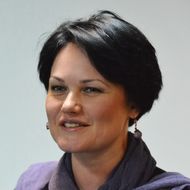
Senior Lecturer
IOCS Academic Secretary, Senior Lecturer
Associate Professor
Visiting Lecturer
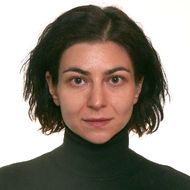
Associate Professor
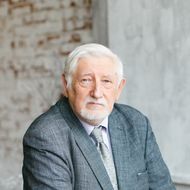
Associate Professor
Professor
Senior Lecturer
Associate Professor
Senior Lecturer
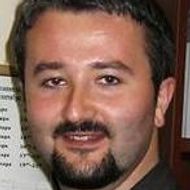
Associate Professor
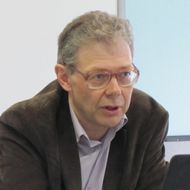
Senior Research Fellow
Lecturer
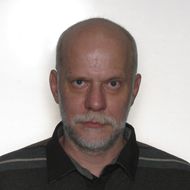
Professor-Researcher
Associate Professor
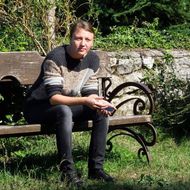
Leading Research Fellow
Professor
Associate Professor
Associate Professor
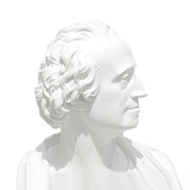
Chief Research Fellow
Have you spotted a typo?
Highlight it, click Ctrl+Enter and send us a message. Thank you for your help!
To be used only for spelling or punctuation mistakes.
